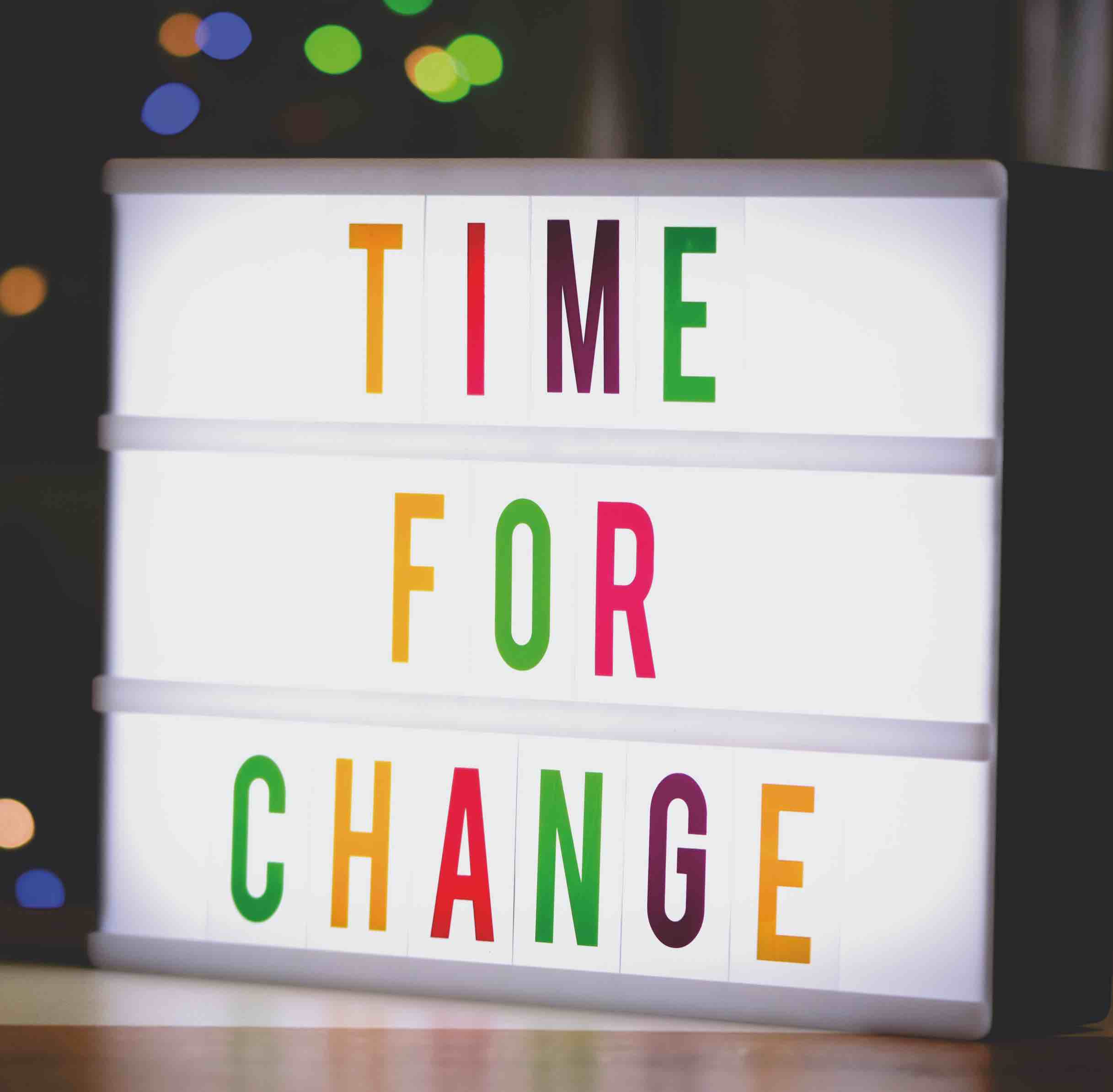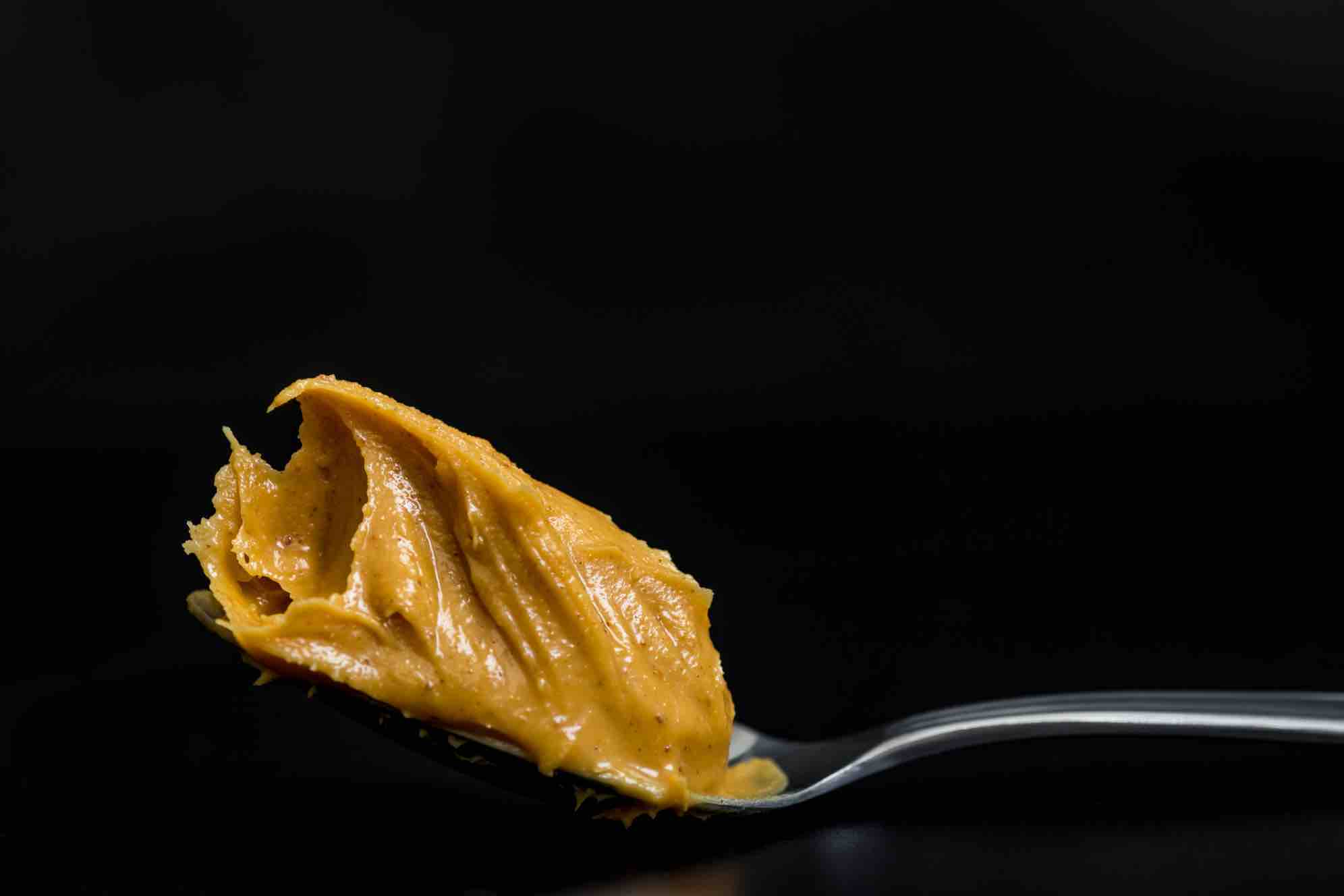
Happy New Year!
And what a few years it’s been for all of us, individually and collectively as we navigate this pandemic and the unknown future of it together. I am sending you all so much love from my little desk in L.A.
The new year usually brings with it feelings… for some just the relief the holidays are over or a tough year is behind them. For others it holds the promise of a clean slate, a brighter future and maybe even the birth of new goals and dreams. Whether you subscribe to setting resolutions or not, most of us have behaviors and thoughts in our lives that we would love to eradicate. I know I do!
Amy McLaughlin-Margolis is a Licensed Clinical Social Worker and Co-Founder/Director of Santa Monica Counseling in California. She specializes in treating eating disorders, addictions, anxiety, depression, codependency and adoption-related issues.
Self-Reflection
I do an annual ritual where I review the highlights and challenges of the past year and the thoughts and behaviors I would like to leave behind. Then I look at my hopes for the year ahead and ask for guidance and strength to develop in the ways I need to be successful. This spiritual self reflection somehow creates a subtle shift.
But I know that for real change to take place, I need to be in the weeds and take action. I so wish we could all know what we want, flip a switch and presto, change-o! Life just doesn’t work that way. That doesn’t mean give up or get the fuck-its. That means we are called to accept change as a process, have self compassion and begin!
Making Changes
If you are looking to make changes in your own life, liken it to a baby learning to walk. That baby will stumble and fall a few times until she gets rolling. With change, there will be setbacks, maybe even full days when you go back to old thinking and behavior and it will likely be more painful than ever, because you have had a taste of doing it differently and feeling better.
Take a woman with 100 lbs to lose. She may stick to her diet and exercise regime, start to feel better then wham: She runs into her ex with a hot new girlfriend at the gym and blindly finds herself at the supermarket, devouring a bag of peanut mms.
Then thoughts rush in… “Who am I to feel better? Lick this habit? Actually who am I? I have had this issue for so long, I don’t even recognize myself without it.” Why does this happen? Why do we go to war within? We do this because our brains perceive any change (even change for the better) as a threat to our very survival and will work hard to pull us back to the familiar (safety) even if the familiar is us being stuck in self destructive patterns (for more on this, read Self-Improvement & Your Critter Brain That Gets in the Way)
Stay With It
I call days like this “backlash” and the key when this happens is not to go “black and white.” Either I change or I don’t. I am good or I am bad. I am off or I am on. Be in the gray, in the process, and be happy with progress. If that baby fell down, would you beat her up? Shame her? Give up on her? No, you would say, “That’s okay. I am so proud of you for trying. Keep going, you will get this.” Do the same for yourself… When you stumble, reassure yourself it doesn’t wipe out all your good work. Be your own inner loving parent and keep moving forward.
To further understand change let’s look at Dr. James Prochaska’s Five Stage Transtheoretical Model of Behavioral Change. The stages being 1. Precontemplation, 2. Contemplation. 3. Preparation, 4. Action, 5. Maintenance.

Dr. James Prochaska’s
Five Stage Transtheoretical Model of Behavioral Change
Pre-contemplation
In precontemplation you are in denial, blissfully unaware of how your behavior is negatively impacting yourself or others and you see no benefit in changing.
Our friend with the 100 lbs to lose is so soothed by Netflix and overeating, she ignores the parts of her life that are not how she wants. She sees other’s concerns for her health as judgmental, eats sanely in front of them then hides and eats some more. She sees no way to be different. Her eating behavior is fused with her identity.
Contemplation
In contemplation you are more aware that your behavior is problematic, you can see pros and cons of changing but you are ambivalent to do so.
Our friend starts reading about every diet and exercise plan. She dreams and schemes for hours about how she will eat, exercise, and look at her cousin’s wedding in six months when she finally gets some weight off! By day’s end she is tired, hasn’t actually done a damn thing to get the weight off but she is motivated!
Preparation
Preparation can be likened to determination. This is the stage where you take baby steps toward change, feel a little progress and hope that if you continue, you can have a healthier, happier life.
Our friend may hire a nutritionist, listen to a podcast about eating disorder recovery, and may try eating just one plate of food at a buffet and no secret eating when she gets home. These new behaviors give her a sense of empowerment and hope for the future.
Action
Action is being in the clay of change. You are behaving differently, and going after the support you need to keep it up.
Our friend may enter therapy, a treatment program and/or join a 12 step recovery program for eating disorders. She may make friends on the same path and will actively deal with all the feelings the food medicated.
THIS IS THE STAGE WHERE YOU MIGHT ENCOUNTER BACKLASH, AND NEED TO KEEP ON KEEPING ON!
Maintenance
Maintenance is when you have sustained behavioral change for more than six months and are committed to do so going forward.
Our friend would be firmly committed to continue to do all the actions that have helped her get and keep the weight off.
This is sometimes called the “boring” stage, because if you keep doing all the right things life will continue to go smoothly. If you are not used to peace, here is good time to remember how painful life used to be, and replace the word “boring” with the word “serenity,” Then go out and find creative, life-affirming ways to feel excitement, so you are not tempted to go back to old behaviors.
In the termination stage, people have no desire to return to their unhealthy behaviors.
For our friend, termination means she is completely committed to doing all the things that help eradicate her eating disorder on a daily basis, so she can maintain her healthy weight and new and happy lifestyle.
How To Create Positive Changes in Your Life.
I want to share a little exercise that you can use if you find yourself in the preparation stage and want to dip your toe in to create positive changes in your life.

1. Awareness
What would you like to change?
Think of a habit or thought pattern that is becoming painful, not getting you what you want or helping you become the person you want to be. In this case, pain is your friend as it is motivating you. It is also powerful because if you can observe the behavior, it is not fused to your identity and this implies choice.
A client of mine, Nancy, found herself eating a couple of tablespoons of peanut butter every night to self-soothe after a long day at work. What started as nurturing behavior became compulsive over the next few weeks as she began consuming 11 or 12 tablespoons a night, feeling sick, and putting on weight. She would set out in the morning with all good intentions: “No peanut butter tonight!” then commute, work, tired, home, and the compulsion to binge on the peanut butter would take over. She really wanted to break this cycle.
2. Tell the truth
Who are you going to tell?
When we are willing to share and shine a flashlight on that which we are most ashamed of, it takes the charge out of the behavior. We are not alone anymore. The compulsion to engage in the same old way diminishes and we are lighter because of it.
Nancy finally shared the peanut butter habit with me and admitted, left to her own devices, she couldn’t change this habit.

3. Have the willingness
What are you willing to do differently even just once?
When you do this and the world doesn’t end, you will feel proud of yourself and empowered to do it again! Remember every time we do something different than we have in the past, it is transformational.
Nancy was fully in pain over her behavior, prepared and ready to take action.
4. Planning
What is the plan?
When changing thinking or behavior, figure out a good replacement thought or action. In the case of behavior, make it something you can look forward to instead. You’ve all heard, “failing to plan is planning to fail.” You can do your old behavior, feel like shit, vow to never do it again, but then get amnesia when triggered and you have no plan B.
I asked Nancy “What could you replace this behavior with for just for one night?” She came up with vanilla yogurt with some honey. She explained that this felt like a comforting food and not something she felt compelled to overeat. “Alright! We have a plan. You are going to eat vanilla yogurt with honey, sit consciously and enjoy it. And you are going to text me before you eat the yogurt and when you are done!”

5. Be accountable
Who are you going to confide in about executing your plan?
Choose wisely… a therapist, spouse, trusted friend… as long as it’s someone who has your back. Be aware, sometimes those closest to us resist our changing for the better. Consciously or not, they may feel threatened… “if you change, our relationship will change, you won’t need me anymore, i will have to look at myself.”
Nancy texted me the next night. “Having my yogurt” then “Done with my yogurt.” I texted back “And…” and she responded. “I feel lonely but I can manage it and I am going to bed.” Next time we talked the yogurt had successfully replaced the peanut butter. But what about loneliness? That became the focus of our work going forward.
Stop and See
I love the saying, “If you want to know why you’re doing something, stop doing it and see what comes up.” Like Nancy, you will want to have someone safe to talk about the feelings that come up when you put the behavior down. Most negative thinking and behaviors have a secondary gain. They protect us from feelings we don’t want to feel, showing up fully and taking risks, essentially they protect us from the unknown.
Popular wisdom says it takes 21 days to break a habit, change the neurotransmitter pathways in your brain and create lasting change. 21 days may feel like an eternity. Thus, the popular 12 step slogan, take “One Day at a Time.” Don’t look at your whole life, but ask yourself, Can I make this change just for this one day? And often that tiny slice of life seems doable. Then you might be encouraged to do another day, then another. Before you know it, like that baby learning to walk, you are rolling.

Amy McLaughlin-Margolis, LCSW
Amy is a wife and mom to three humans and two animals! Hailing from Boston and NYC, Amy is a SoCal transplant. And though she misses her big Irish family, she is incredibly grateful come January when she is taking long walks in the sunshine and her cousins are calling her about a wicked cold Nor’easta! Amy is a Licensed Clinical Social Worker and Co-Founder/Director of Santa Monica Counseling. She specializes in treating eating disorders, addictions, anxiety, depression, codependency and adoption-related issues. Amy is also a Meisner and Groundlings trained actor, who has spent the majority of her career doing Voice Over work for animation and commercials and recently optioned her first animated series. Amy is excited to be contributing to insidewink, a site she finds so inspiring. She hopes to be a worthy contribution!
Connect With Us on Social Media!
RECENT FAVES
Tips for Hitting the Road with Your Furry Friends
Part 1 of Kathlene McGovern’s 2 part series on the best and safest ways to travel with your furry friends!
I’m Just Curious
Dove Rose give us ideas on how to stay curious! Keep it Fresh in the Kitchen, on the Drive and in your Life. New ideas to keep our mind alive!
Living Unhoused for a Week: Ken Craft Takes to the Streets
Ken Craft of Hope of the Valley lives unhoused on the streets of the San Fernando Valley for 100 hours and shares the challenges, insights and struggles he faced on this journey.




This one really made me reflect. Thanks, Amy!
Beautifully written Amy! Love the part reminding me I don’t have to do anything alone– 🙂
Amy,
Such an inspiration! From one with peanut butter addictions, to one helping others to over come them! Reading your articles always gives me a little nudge in the right direction! And those of us stuck in cloudy cold north east need all the nudges we can get in January:)
Great insights into habit change! This is especially relevant one month into the year when every’s motivation for resolutions is gone. Great article.
I always love your articles Amy! And so timely (it’s not peanut butter for me… it’s ice cream) you really seem like you ‘get’ people like me and have such great practical advice at taking actions. thank you!